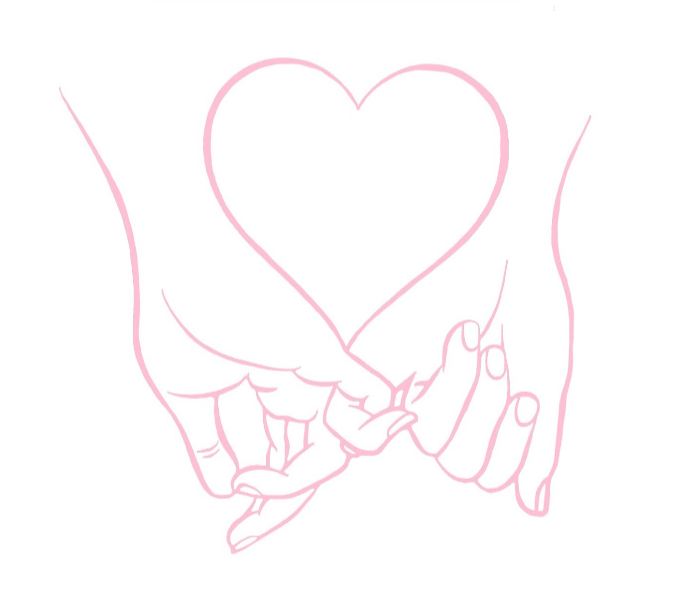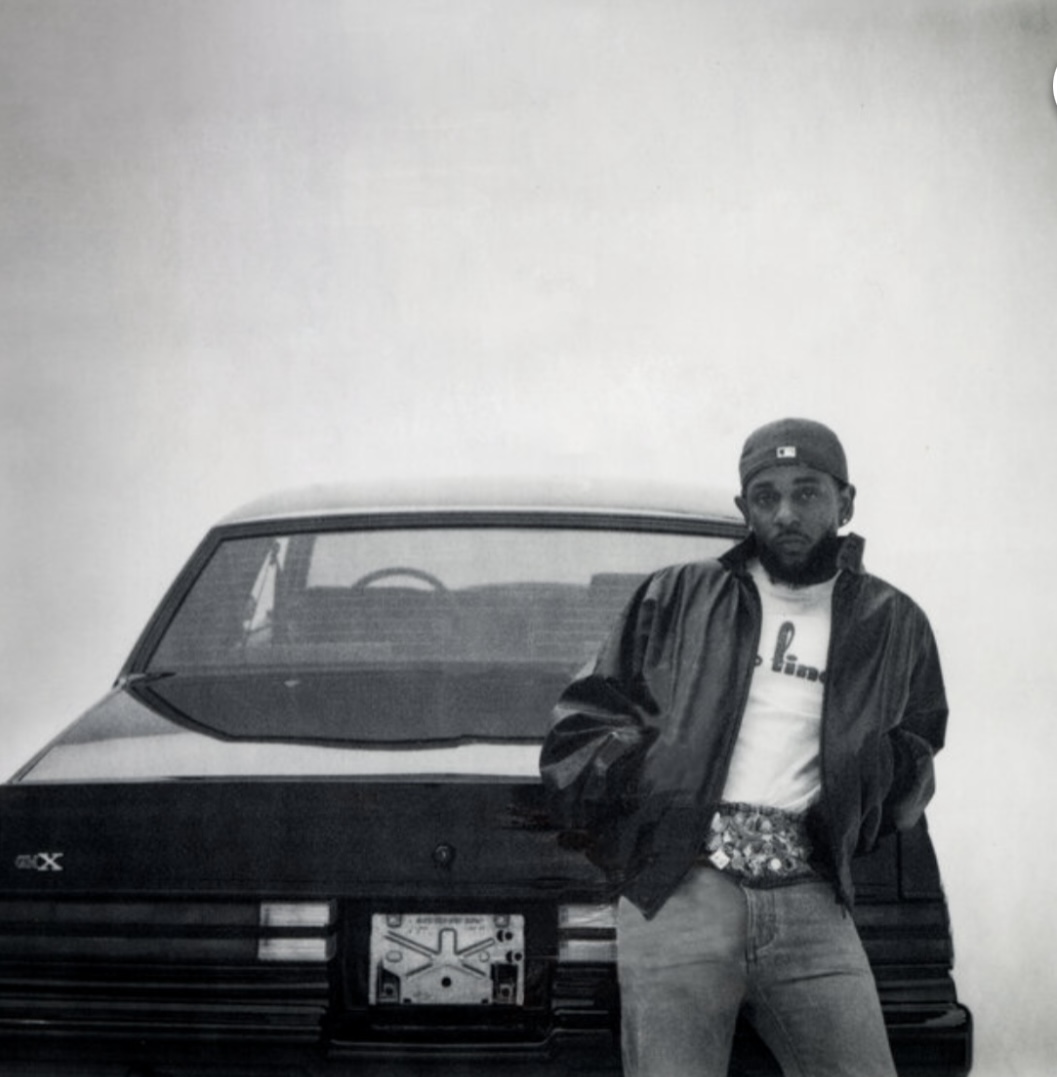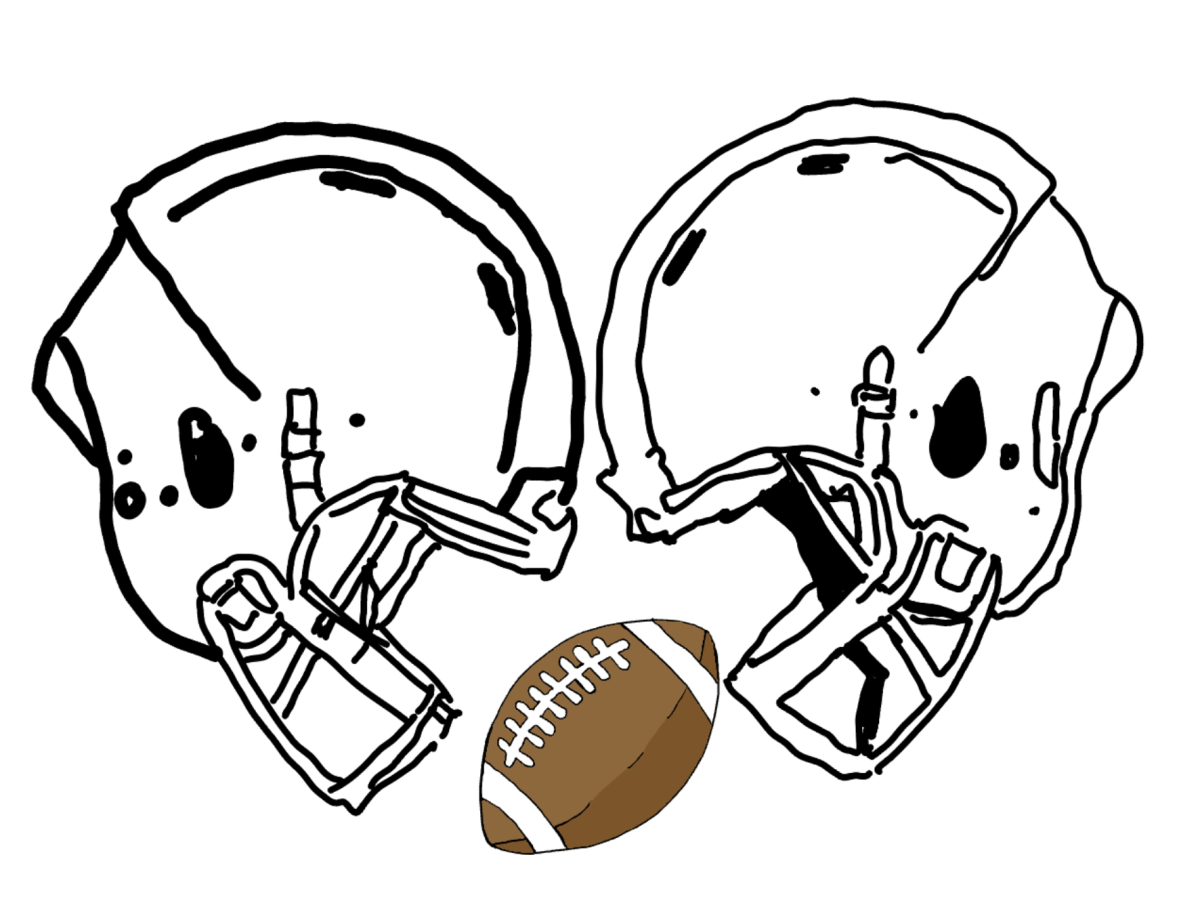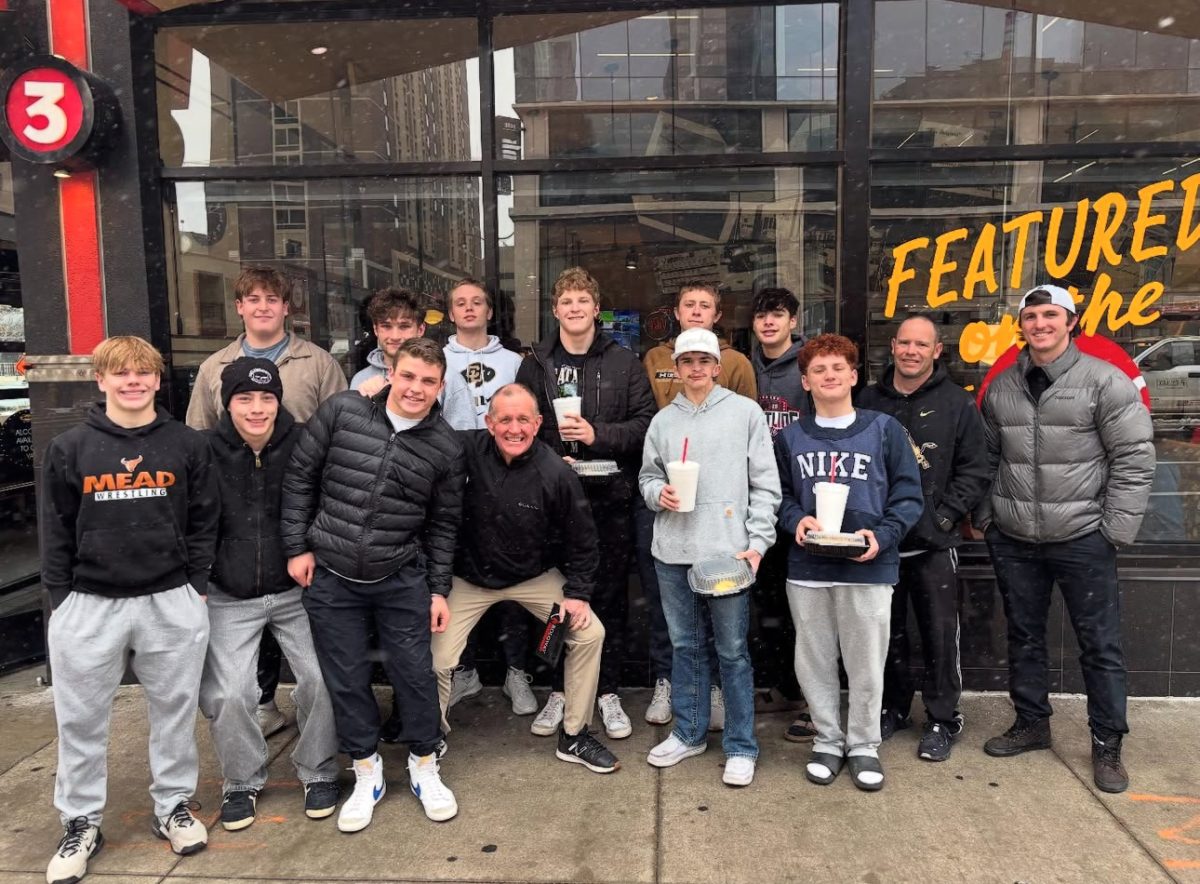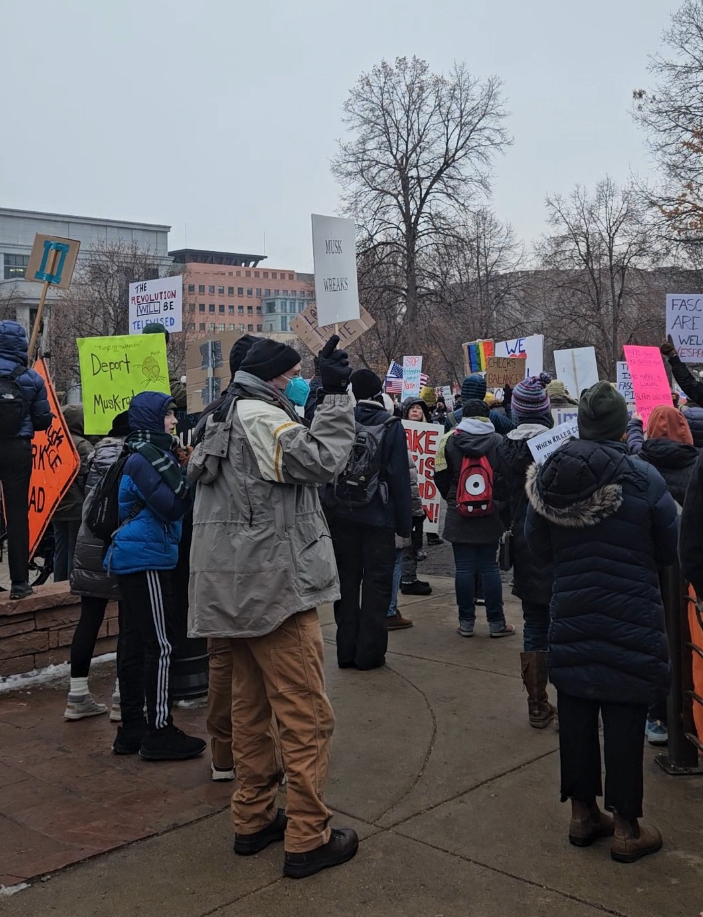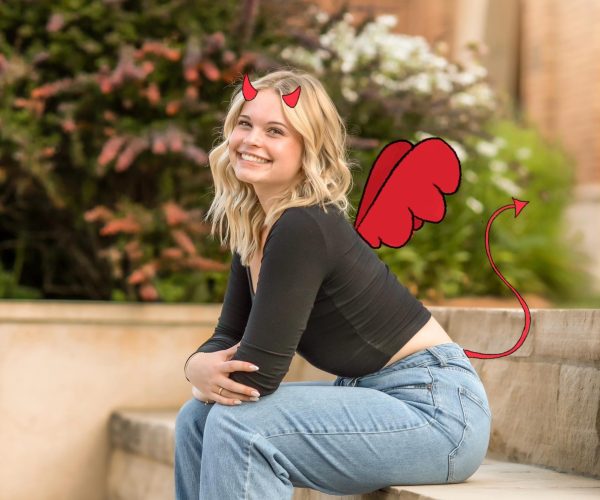Since the beginning of time, hip-hop has been a male-dominated industry. Rap started to emerge in the late 1970s, giving us artists like the Fatback Band, Sugarhill Gang, DJ Kool Herc, and Coke La Rock. From there, some of the biggest names in hip-hop surfaced, broadening the music spectrum and widening the selection of hip-hop-based artists. Tupac, The Notorious B.I.G., Dr. Dre, Snoop Dogg, Ice Cube, 50 Cent, Busta Rhymes, and Eminem all come to mind when I think of original rap.
Individually, all of these successful men helped shape what the hip-hop community is today. Artists like J. Cole, Kendrick Lamar, and Lil Wayne have all followed suit with their industry’s ancestors, carrying on the legacy.
What doesn’t come to mind when I think of “original rap” are names like Missy Elliot, Ms. Lauryn Hill, Queen Latfia, Lil’ Kim, Salt-N-Pepa, and so many more female rappers that have made hip-hop what it is today.
The history of rap comes from Afro-centric backgrounds, turning away many Euro-centric artists. For a while, hip-hop artists were mainly African-American until the early 1980s, when “white rappers” materialized. Personality has been a huge factor in the community, drawing listeners’ attention with aggressive, masculine bars appealing to primarily men. Due to the connotation of rap music being belligerent, dirty, hostile, provocative, violent, and brassy, it has always attracted a male crowd. “The relationship between music preferences and personality may vary for different groups based on factors such as geography and age” according to Zweigenhaft.
Nicki Minaj changed this all in 2007. Despite other popular female names in rap, Minaj blew up. From her first mixtape to now, she is the most successful female rapper, having sold over 100 million song copies. As the self-proclaimed “queen of rap,” she has paved the way for other females in hip-hop production.
The future of rap is female. In recent years, female rappers have been in the spotlight and making award-winning records, bringing light to a new generation of music. Cardi B, Ice Spice, Kali Uchis, Megan Thee Stallion, Flo Milli, Doja Cat, City Girls, Saweetie, and Kehlani—the list of womanly figures in the rap game could go on forever.
The female empowerment exerted by their music inspires more young women to chase their dreams of being in the music industry, giving listeners more up-and-coming novice artists to explore. Combating the stereotype of rap being “for men, by men” becomes exclusionary, rewarding all efforts to communalize instrumentation. It only makes sense for women to do this—to prove they’re fit to compete with male rappers like Drake, 21 Savage, Lil Uzi Vert, Lil Baby, Travis Scott, Future, Metro Boomin, Trippie Redd, Playboy Carti, and so many more


